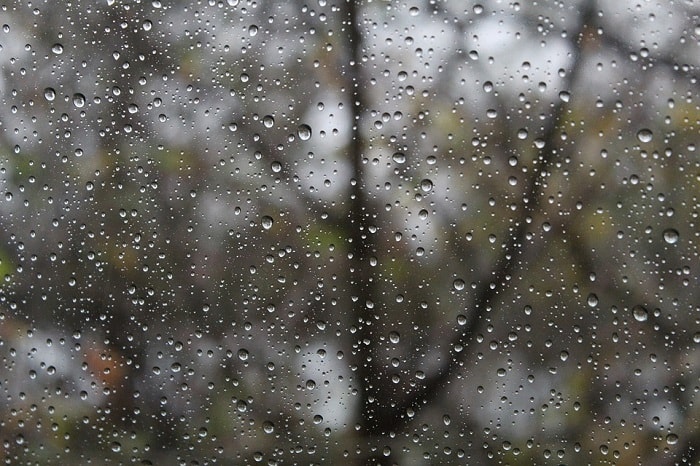In a city such as Cape Town that is known for its varied weather conditions, it is essential to safe-guard your vacation letting property against the elements. During the winter months, storms are not uncommon. As the recent storms of June 2017 taught us, it is all too easy for trees to lose branches and other structures on the exterior of the property to take a beating. Leaks and other issues certainly don’t help to create an inviting vacation rental.
Whether your property is based along the coast, near the ocean, or in the heart of the city, luckily there are a few things that you can do to keep your vacation letting property safe against rain, wind and other strong weather conditions.
Protecting Your Vacation Letting Property Against the Elements
A few years ago, a guest an Airbnb property in Texas was killed after a dead tree holding a garden swing collapsed while the guest was on the swing. This raised some very serious liability issues for both the property owner and Airbnb. The biggest risk of storms, rain and wind over time is that it can cause damage that is not easily seen. In the case of the dead tree, the owners had not noticed that anything was amiss until it was too late.
While this is obviously a worst case scenario, leaks and other issues certainly don’t help your property get better short term rental reviews. They won’t encourage repeat bookings, either. So, how do you ensure that your vacation letting property is protected against even the biggest of Cape storms? Let’s take a look…
- Install weather-resistant windows. You may assume that all windows are much the same during heavy rain and wind. Older window pains (and particularly their frames) are not quite as solid as newer windows however. Many windows made from wood are more likely to suffer wear over the years, while stronger metal based frames and shatterproof glass windows are more likely to withstand bad weather. You could also look at draft-proof windows that minimise cold air escaping into the property.
- Keep up with garden maintenance. Even if your garden looks fine, it is essential to have a garden service to regular upkeep so that there is little to no risk of dead trees, loose branches or any other weakness in the event of strong winds and storms. Tree branches should be trimmed at least twice a year, to avoid the risk of long, unruly branches. This is especially important for alien trees such as oak, gum and plein trees that typically lose branches during storms.
- Check the roof as early into winter as possible. Ideally, this should be done before winter. But at the very least, it is always useful to have your roof checked before the heavy rains begin. Even though Cape Town has been through a drought, the rains will arrive over July, August and September. If there are any cracks in the roof, this means that your guests will have leaks to deal with during their stay.
- Clean gutters frequently. Your garden service should also clear your gutters every few weeks to make sure that there are no leaves causing any blockages. Blocked gutters can cause flooding, leaks and also damp in the ceiling and walls – none of which is ideal for a short term rental.
- Make sure that your floors are non-slip. This sounds strange, but rainy weather + slippery tiles can often equate to accidents. If your property is tiled, invest in non-slip mats at the entrance and in the hallways. Tiled stairs can be especially dangerous – either look at adding non-slip risers or invest in a stairway runner if possible. If none of that is possible, be clear to inform guests of any slippery areas.
- Clean fireplaces and stock up on extra gas. If your fireplace has not been used during summer, it is a good idea to clean it in time for winter. Likewise, if you have gas heaters, make sure that you have plenty of gas on hand in case guests run out during their stay.
__________________________________________________
Read our guide to preparing your short term rental for winter for even more tips on how to survive the cooler season. If you would like more information on working with a dedicated short term rental manager, contact the Totalstay team today. We offer a comprehensive approach that manages every aspect of your vacation letting property, from marketing to bookings, concierge and day to day management.


